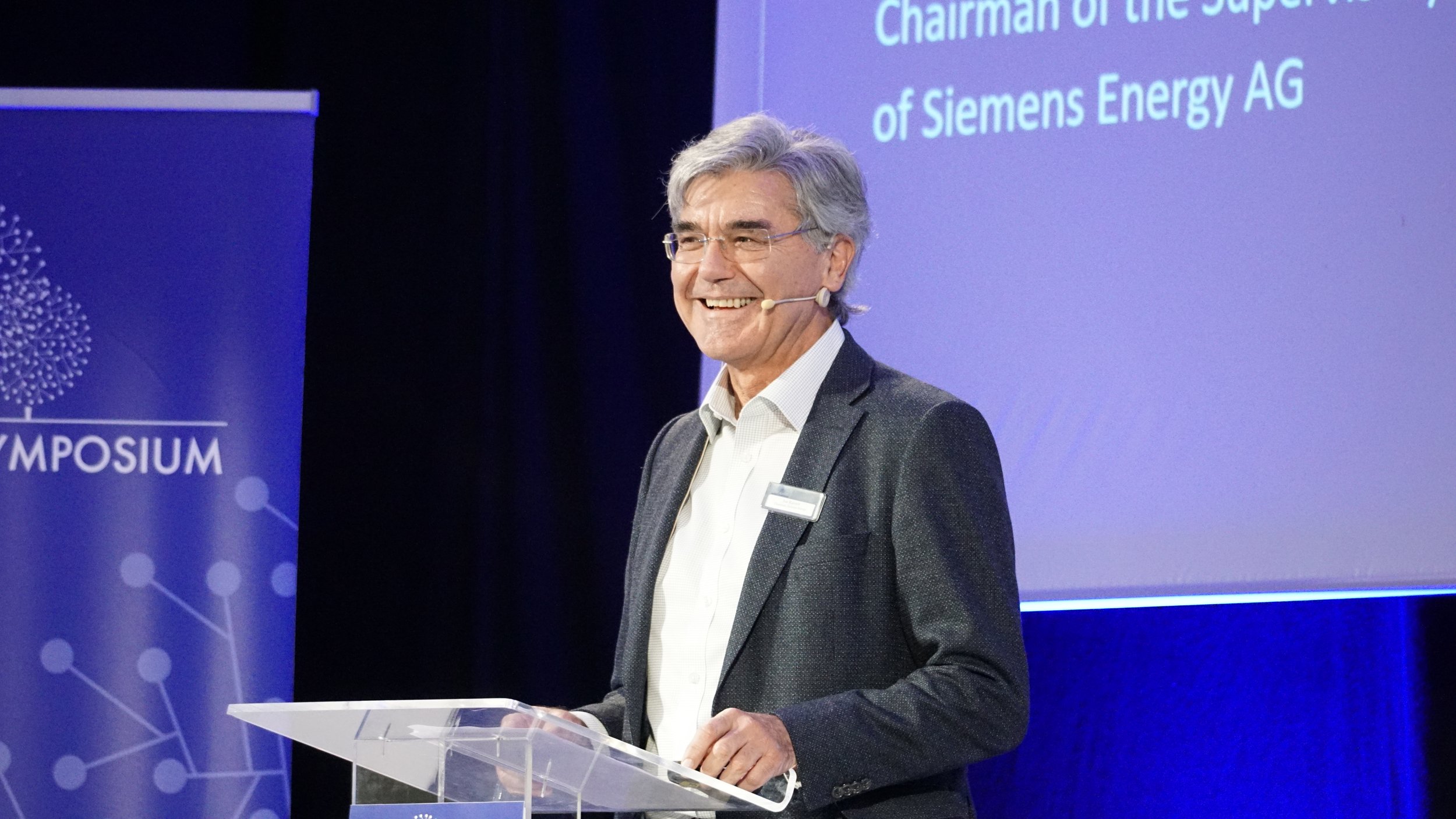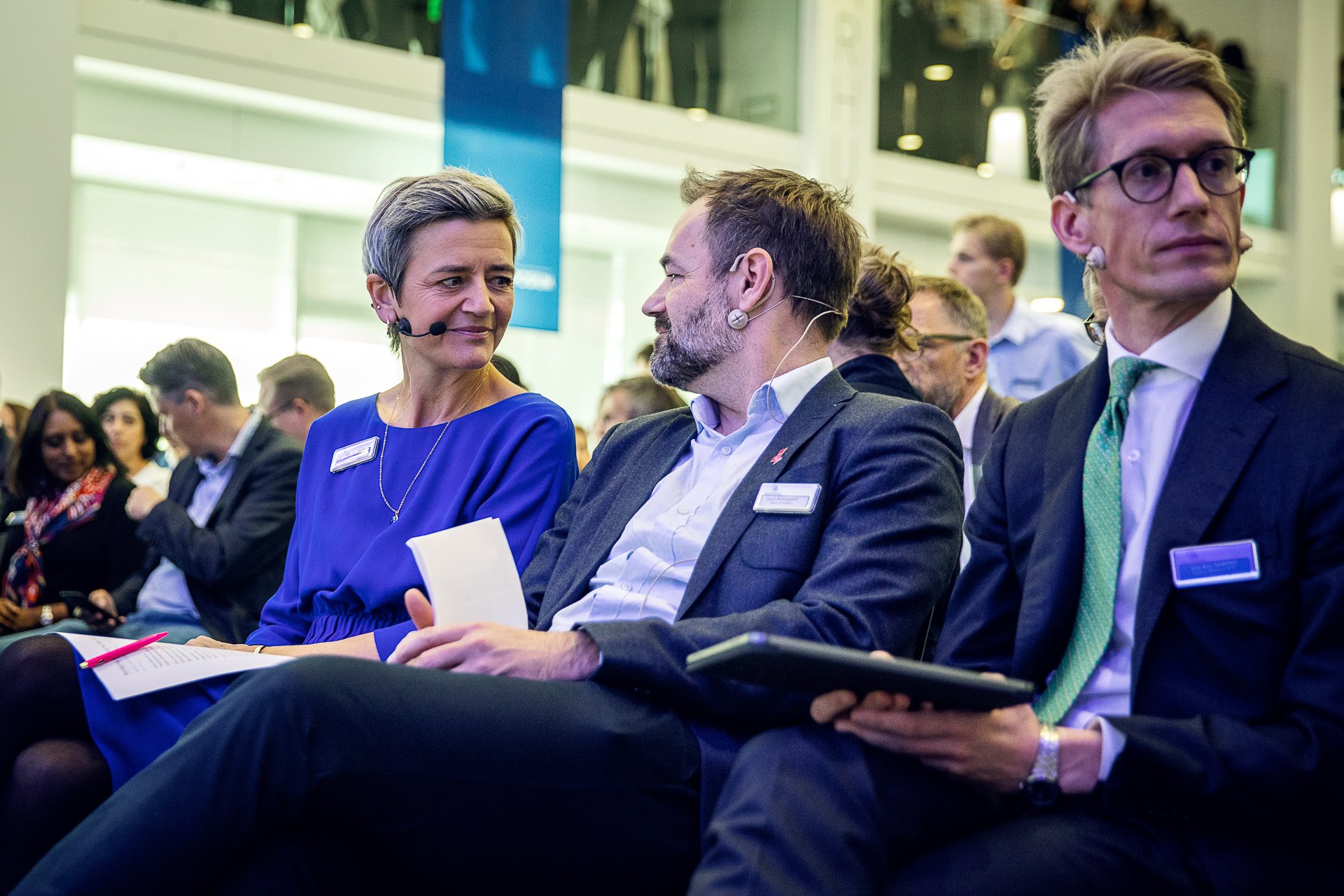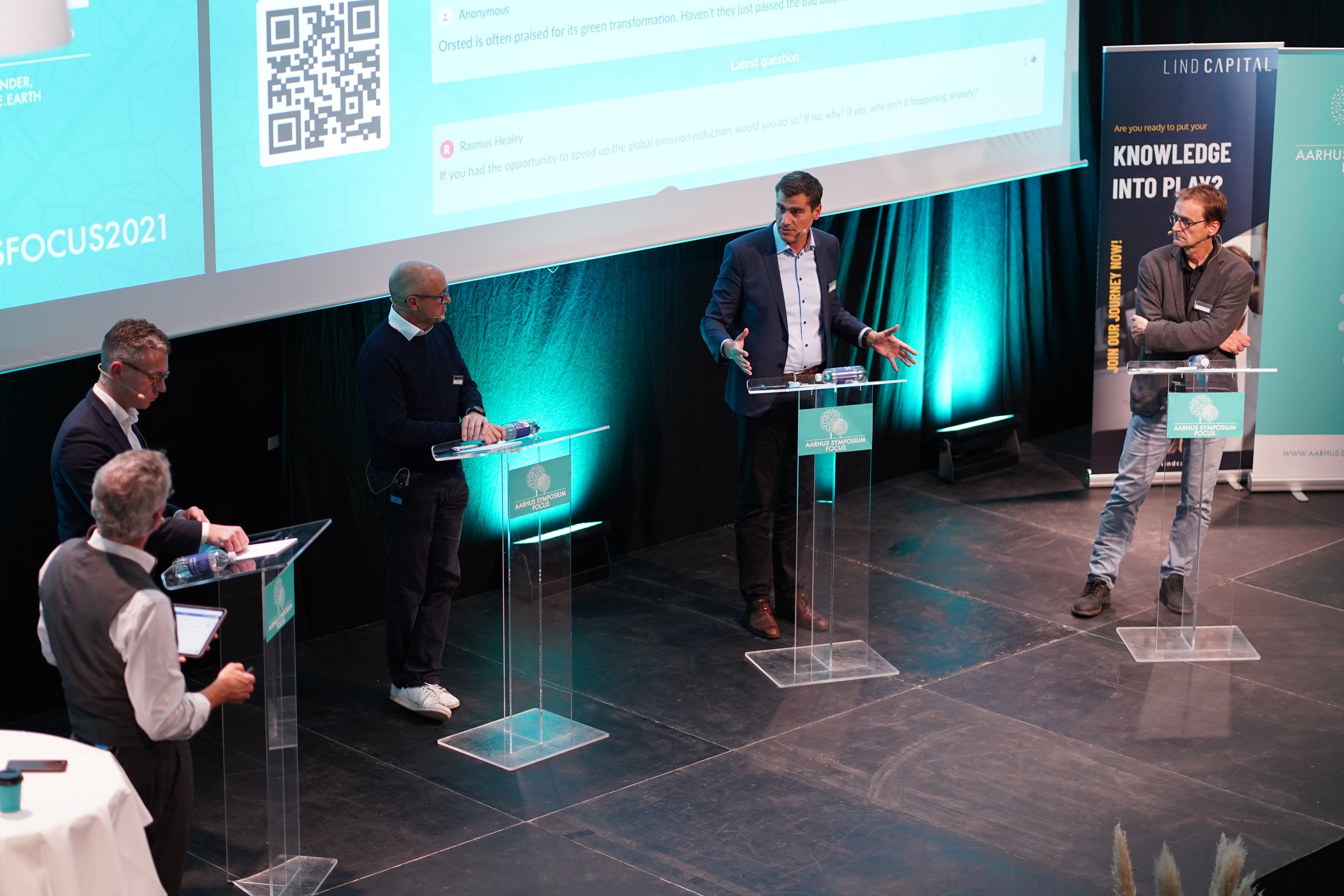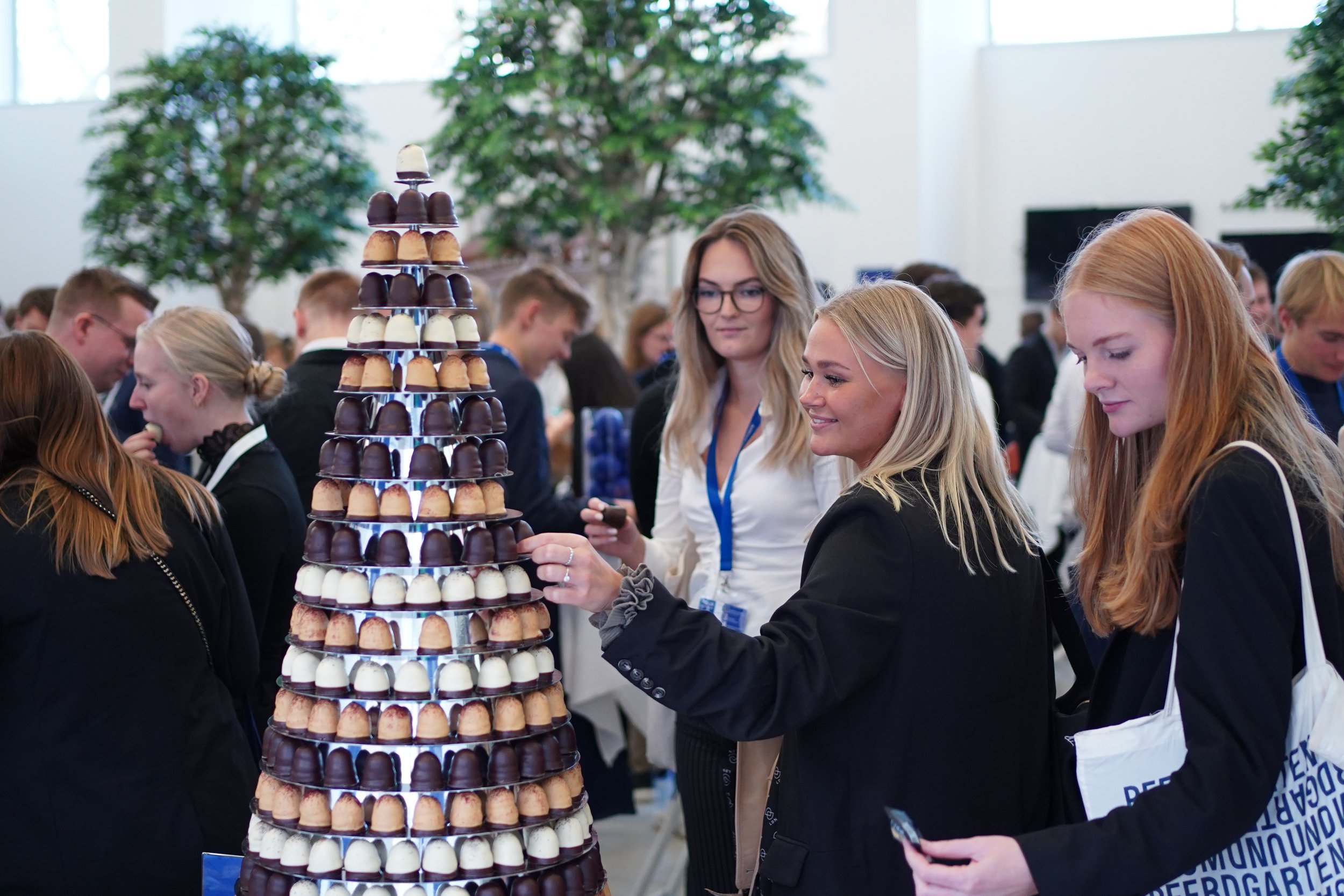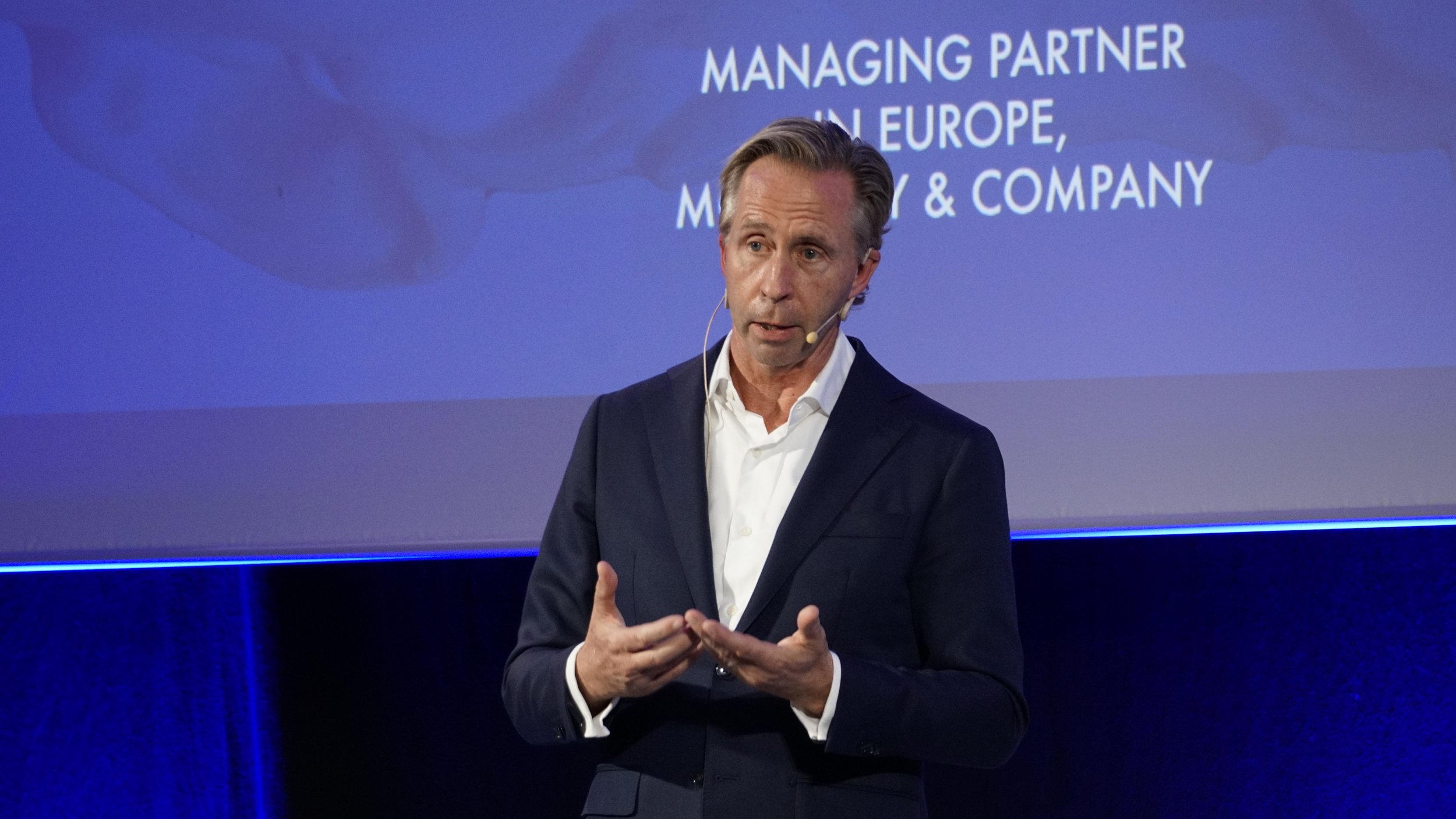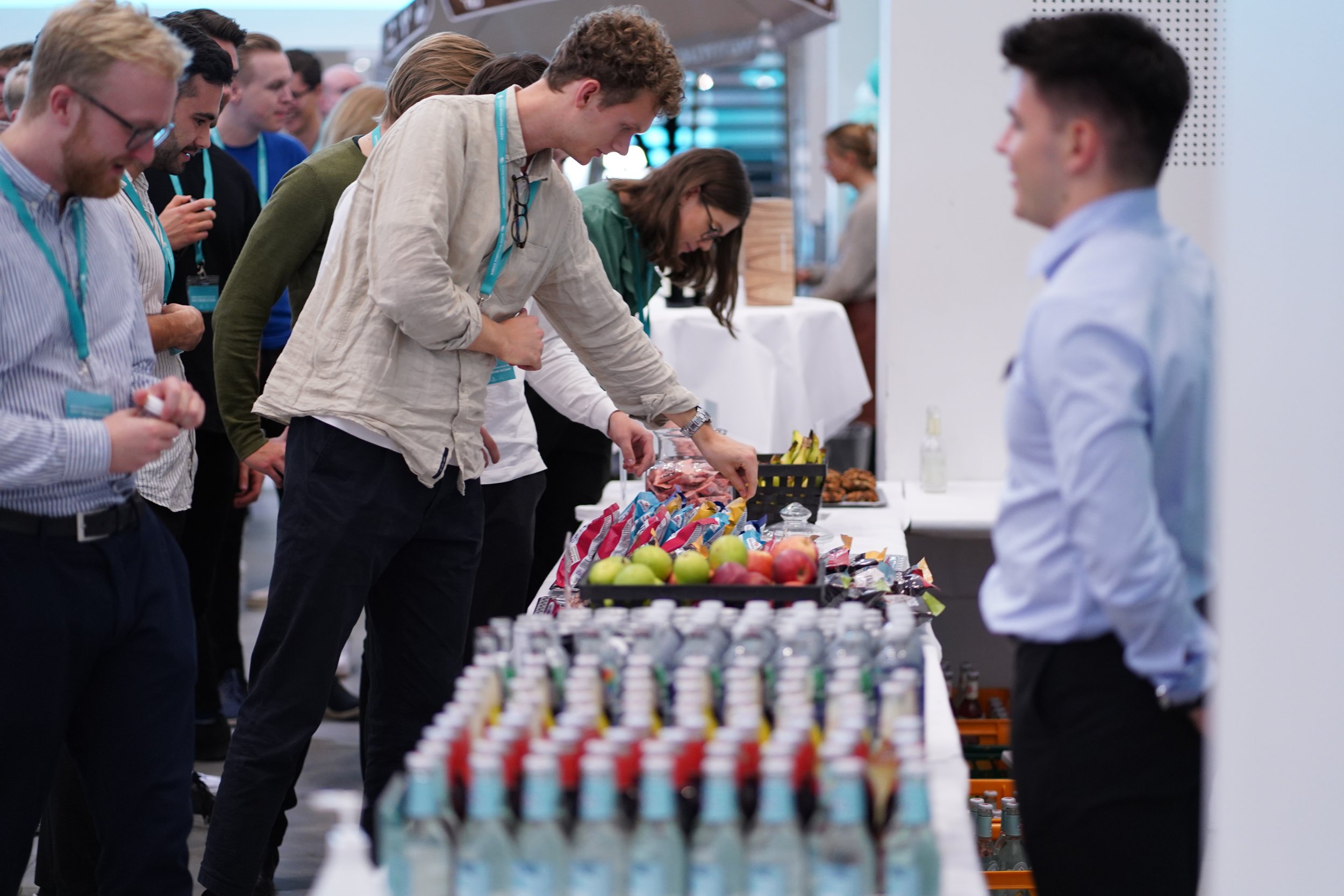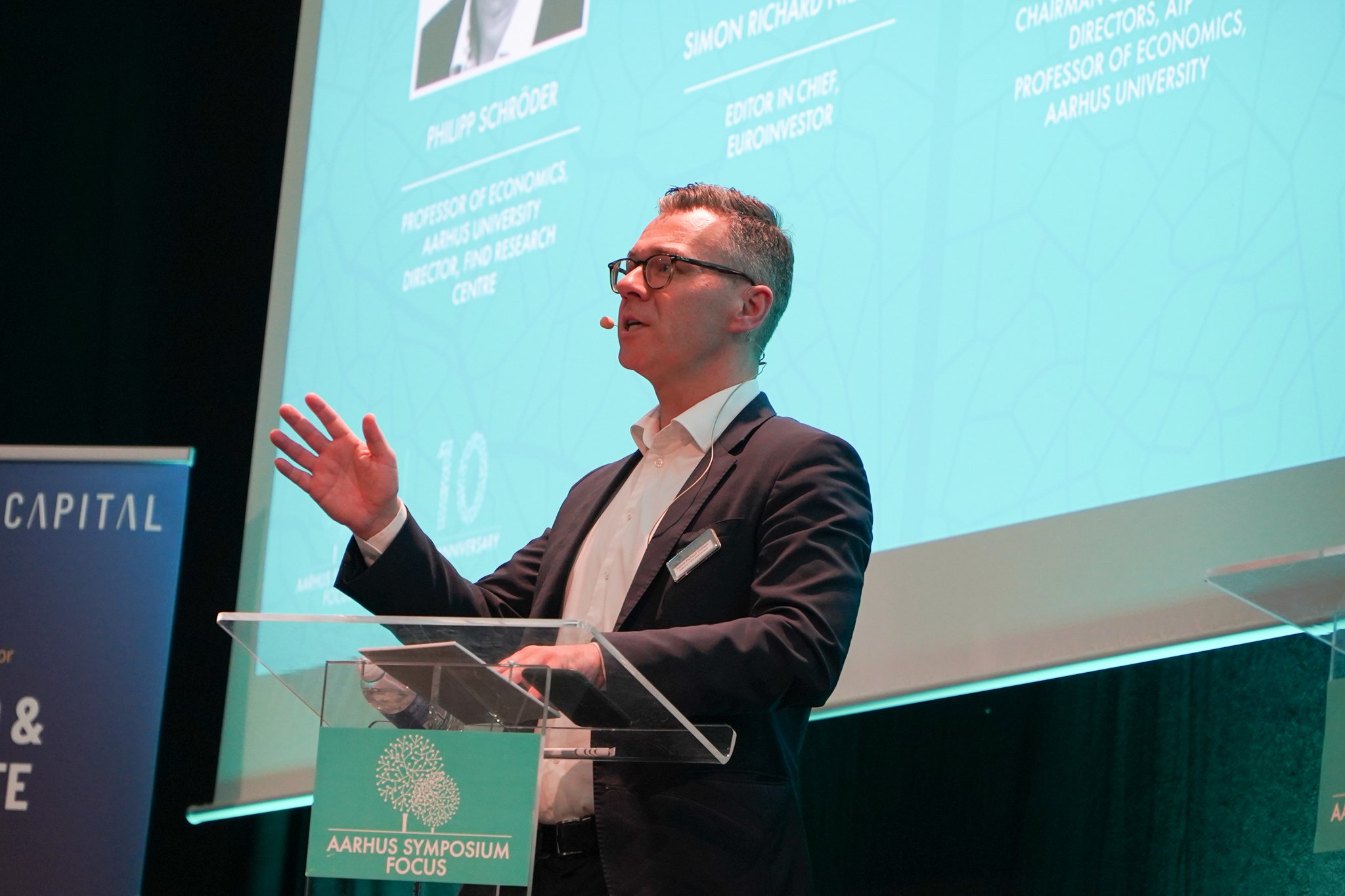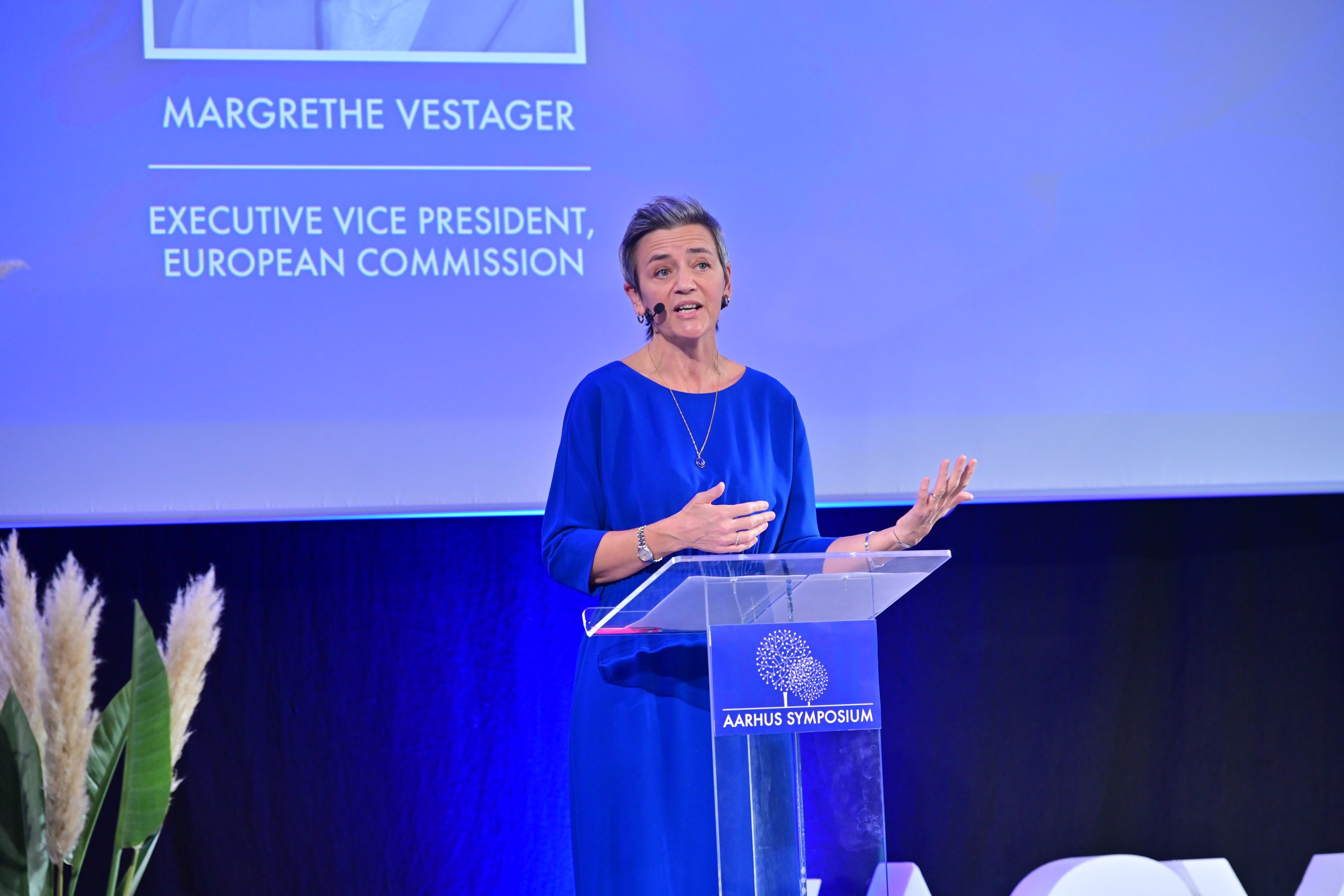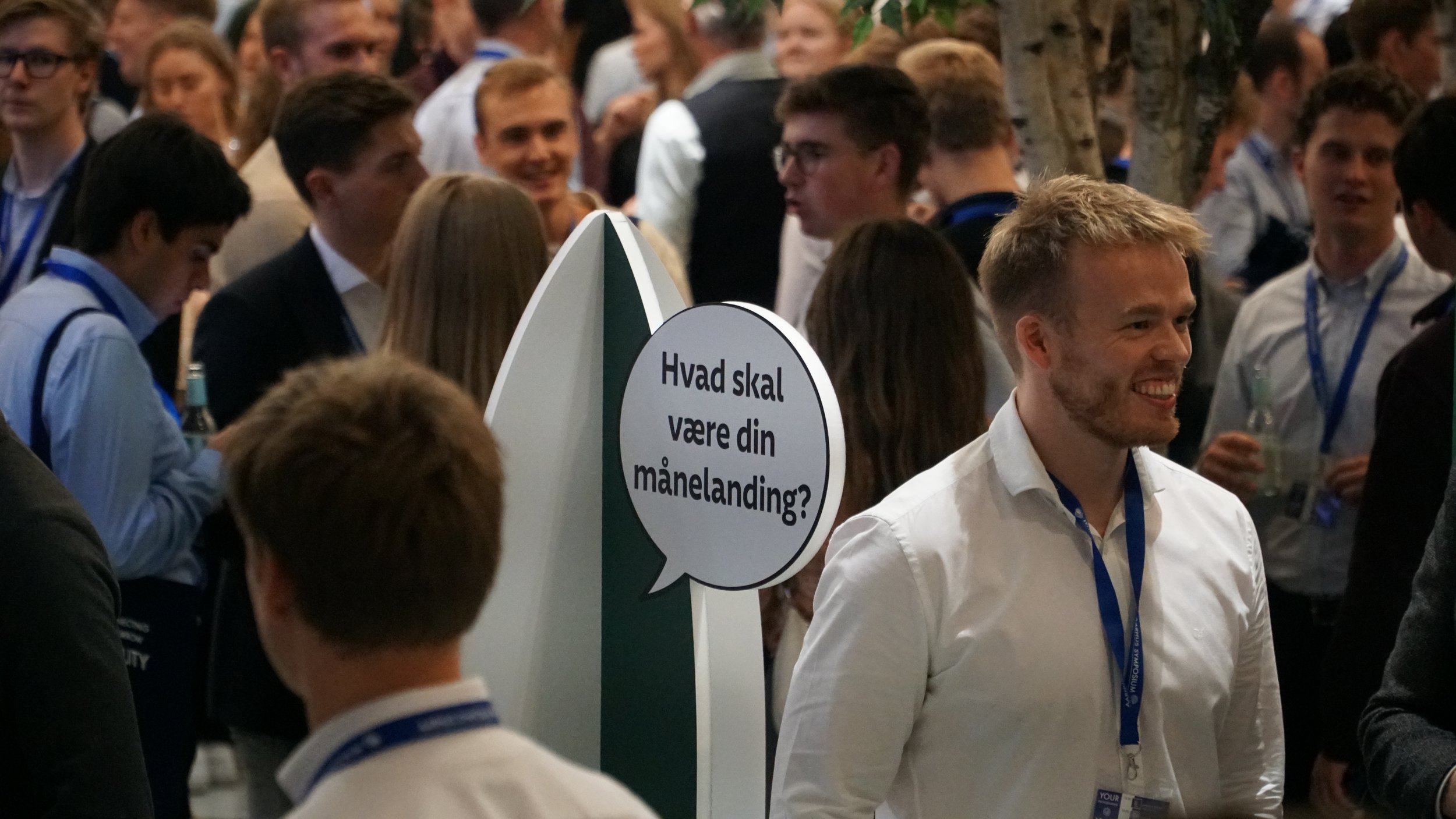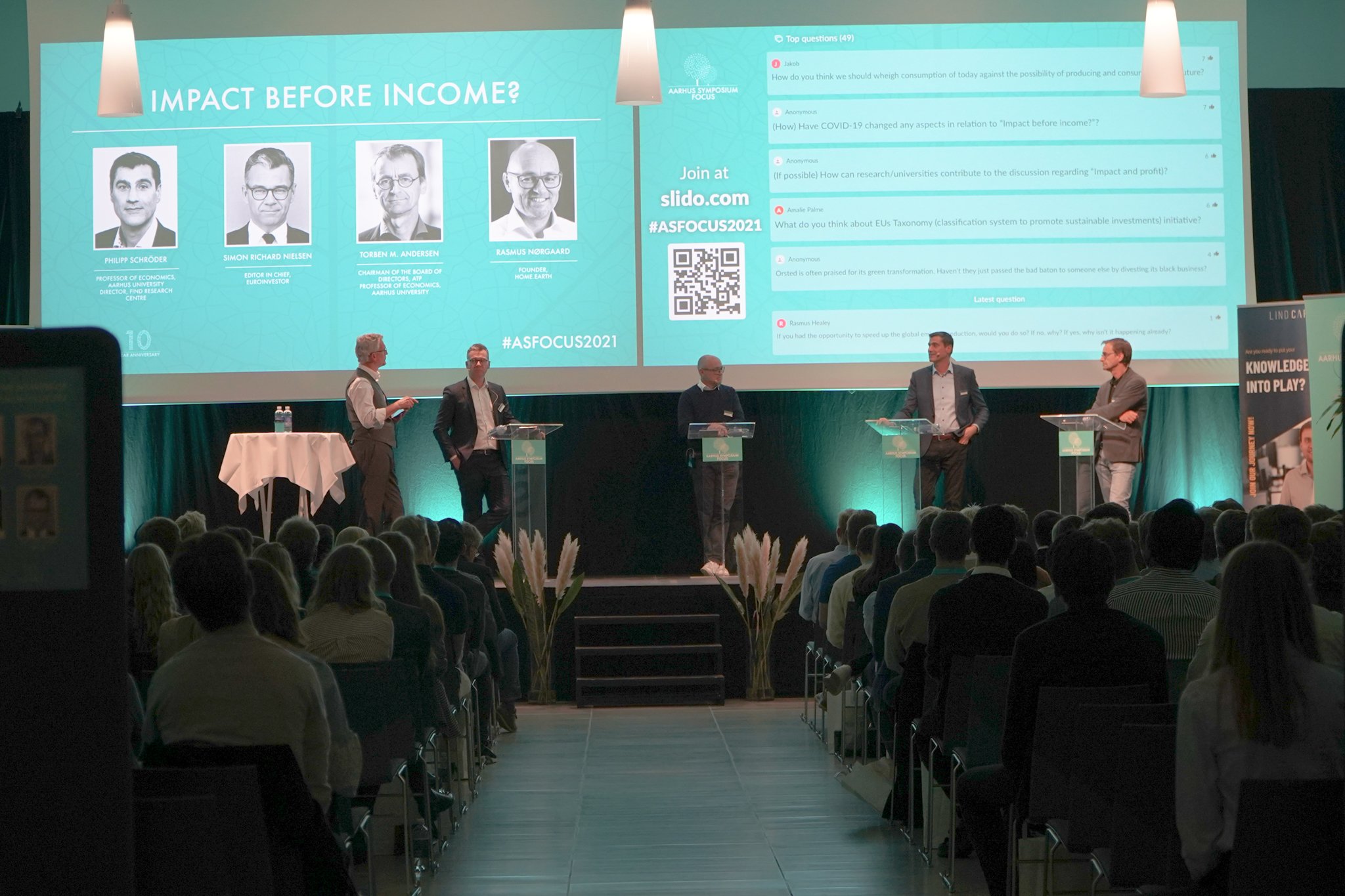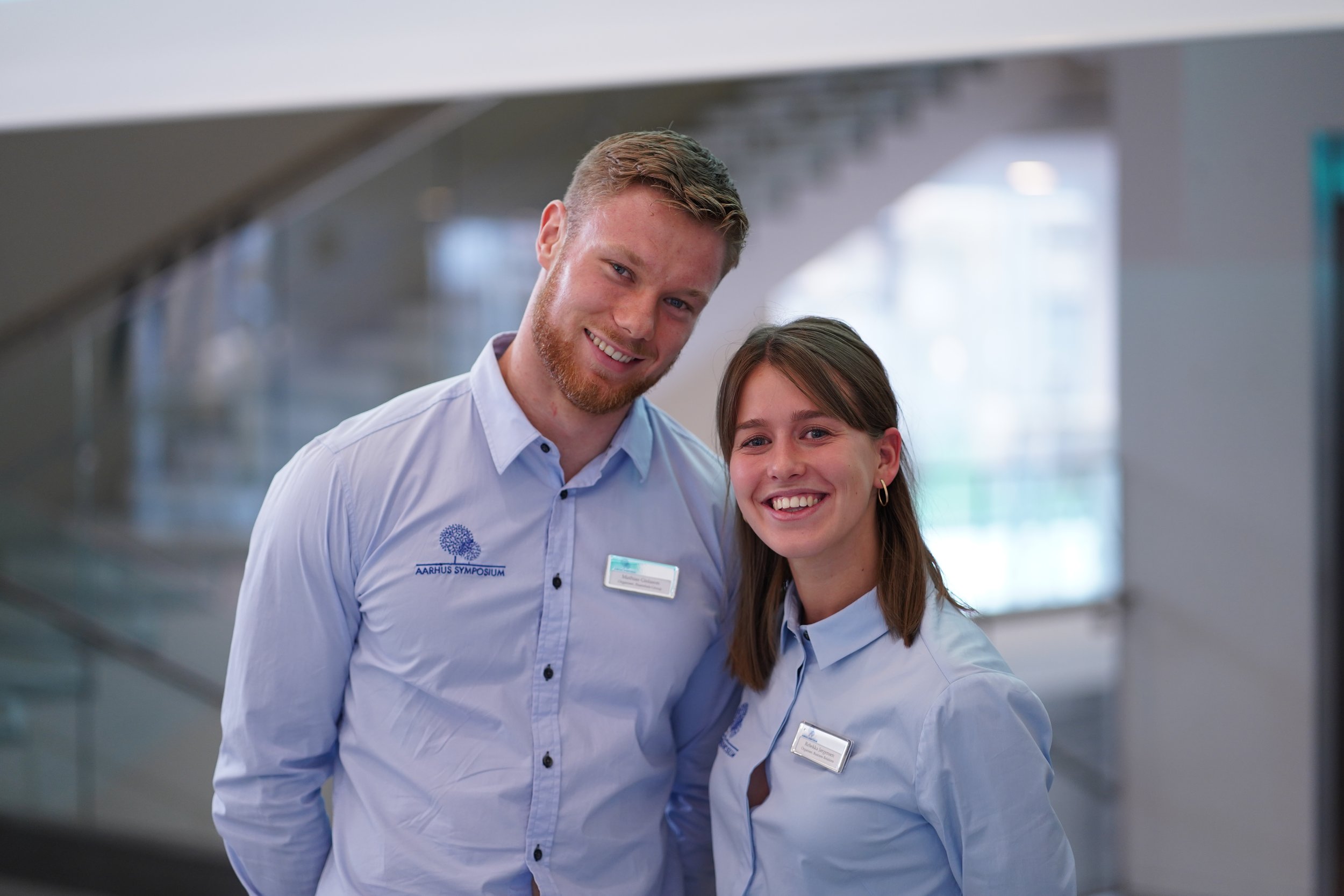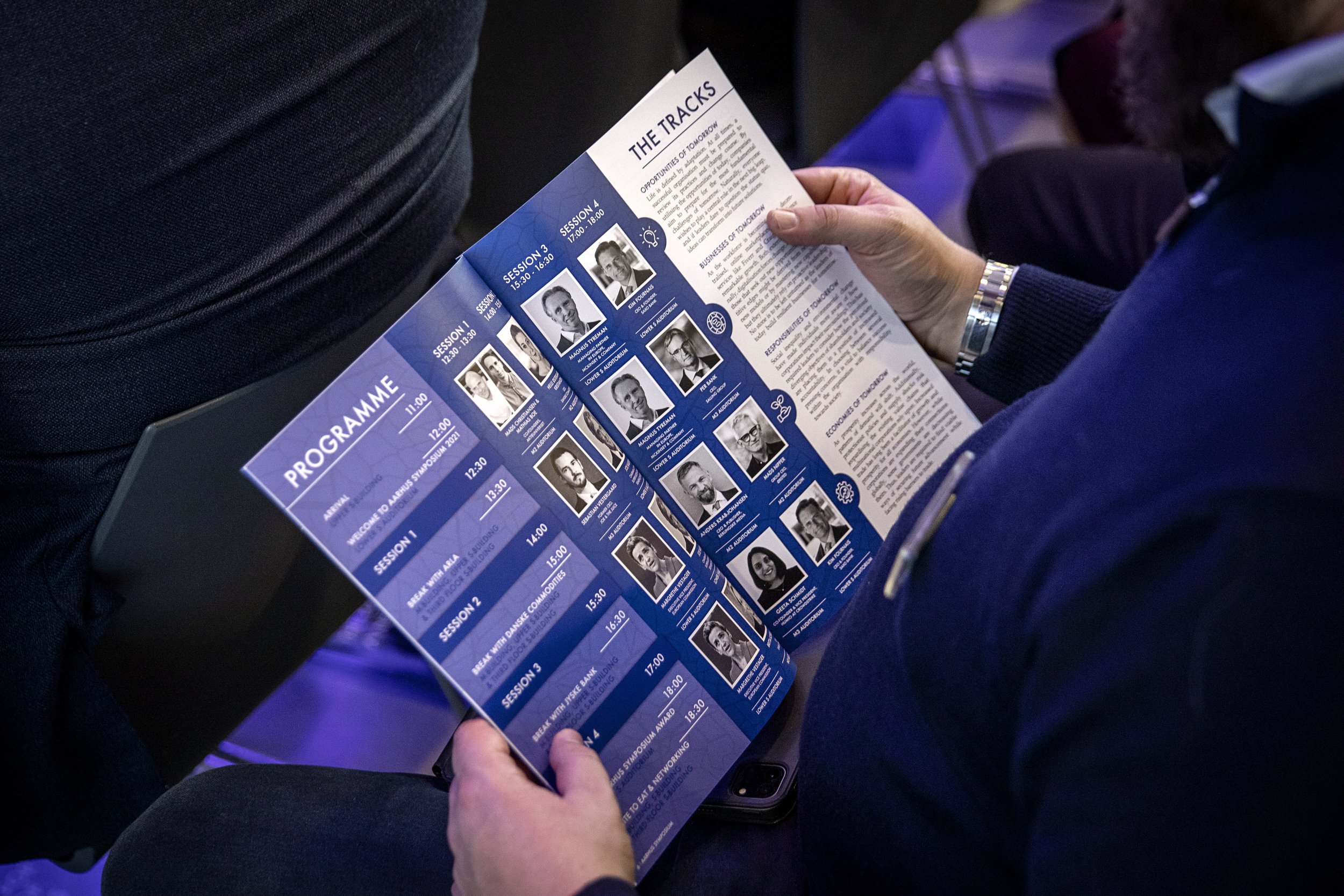
WHEN THINGS GO NORTH
Bridges are more than millions of combined components allowing individuals to cross from one side to another. They also symbolise connections, trust, and cooperation and provide a path over obstacles that facilitates a flow of possibilities. For decades, the Nordics have built bridges to strengthen their base and explore differences and capabilities. However, in recent years, multiple things have gone south: the pandemic, political instability, and the Russian invasion of Ukraine. It puts Nordic competitiveness in limbo and highlights how external forces can burn bridges and shake the ground on which they were built. To conquer the challenges of today, the Nordics must set the foundation for a competitive advantage by building a region resilient to global challenges.
External bridges can support businesses to overcome waves of global uncertainties by linking experience and knowledge. Solidarity and cooperation can compose a strong foundation: the post-pandemic recovery proved that some organisations survived the storm and became even stronger. In times of change, the ability to respond rapidly, show resilience, and combat barriers can be decisive towards composing Nordic competitiveness fit for the future.
For over a decade, the North has been a global powerhouse for green energy solutions, entrepreneurship, and digital integration. Encouraging leaders ensure horizontal bridges are built within their organisation, resulting in a closely tied business community where employees can raise ideas and take risks. As one of the world's most integrated and inclusive regions, the Nordics is wired for organisational success and possess various building blocks for entrepreneurship and innovation. However, today's global changes force Nordic businesses to develop their competitive edge further.
The Nordic countries form a distinctive cluster of small, open, market economies with their unique forms of interplay between regulatory bodies and the business sector. They have fundamental strengths on which to build. Yet, the question is: how do Nordic organisations utilise those strengths to navigate the North in the right direction and secure Nordic competitive advantage? This year’s theme of Aarhus Symposium invites leaders to discuss what constitutes Nordic competitiveness and how to reach cutting-edge success when things go North.
WE ENCOURAGE YOU TO JOIN THIS DISCUSSION ON NOVEMBER 4, 2022

THE THEME OF AARHUS SYMPOSIUM FOCUS 2022 IS
SHADES OF INNOVATION
Throughout the history of time, humanity has created and, by doing so, reshaped, impacted, and improved society several times. Innovation has been key in shaping the world we know. Charles Darwin shared the same conviction as he quoted: “It is not the strongest of the species that survives, nor the most intelligent; it is the one most adaptable to change.” Innovation is not only key in uncertain times; it is a benefactor in the evolution of society. Therefore, to keep the vitality of the Danish culture high, we must nurture the innovative spirit that Denmark possesses.
Current crises signify the vulnerability and exposedness of companies, causing some of them to shut down while other firms adapt, restructure, and innovate to keep their business running. Crises are like adrenaline for innovation: however, waiting for a crisis is not a sustainable innovation strategy. This increases the importance of an ongoing debate about innovation to be prepared for uncertain times.
At Aarhus Symposium Focus 2022, we invite you to join the discussion of Denmark as an innovative nation. We seek to discuss the role of the state, companies, and Danes in constructing the best innovative framework in Denmark. What shades of innovation must Denmark pursue?
Innovation is essential for the competitiveness of firms and the development of communities to improve life quality for individuals and the generations to come. The organ, which we call society, must guard itself against existing and upcoming challenges by rethinking structures. Otherwise, natural shocks will put pressure on people, businesses, and society.
According to the Global Innovation Index 2021, Denmark is a strong and innovative nation taking the reward as the 9th most innovative economy in 2021. To keep the innovation blossoming, Denmark must foster a persistent, innovative system. This begs the question; how should society be wired for innovation to thrive and what are the pros and cons of the Danish community?
JOIN US FOR AN EXCITING DISCUSSION ON OCTOBER 31, 2022

